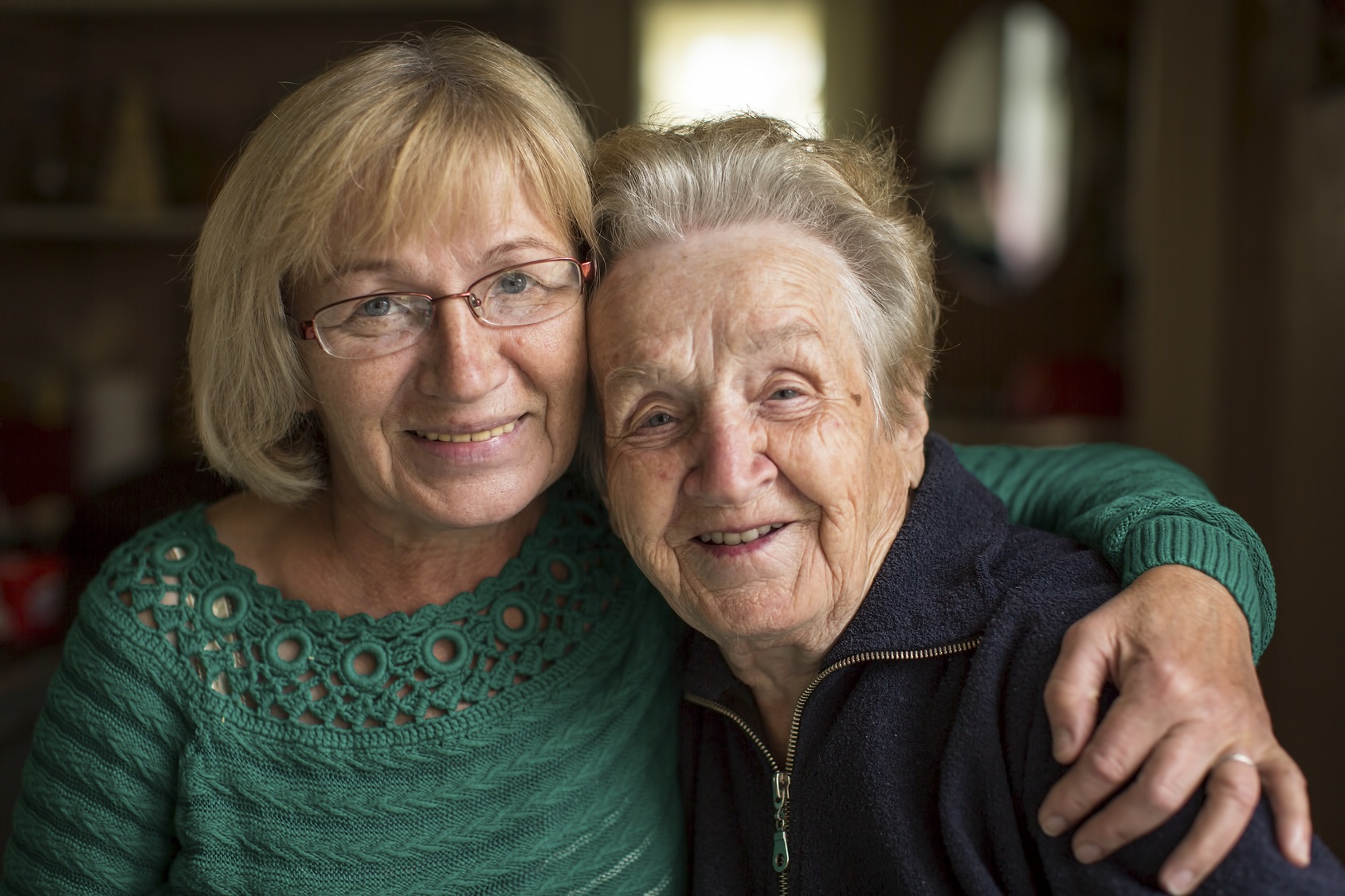
"Getting older is great!" said few people over the age of 21, ever.
But are most of us wrong? Are there good things about aging that a lot of people overlook?
Turns out, there are. Quite a few, actually. And, today, we're going to talk about them.
As part of our ongoing discussions about healthy aging in the run-up to the Parish Health Ministry's Refresh Your Soul conference, to be held this year on March 12 at Xavier University's Cintas Center in Cincinnati, here are 5 positive aspects of aging:
1. We can finally be friends with our children
First, they buck our authority. It's their job, when they're young, to learn by testing the boundaries we and society place upon them.
Then, in their early adulthood, we struggle to accept their complete independence from us. Some of us try to maintain our role as patriarch or matriarch in their lives, and it often causes avoidable familial strife.
But, in our later years, when they've matured and we've mellowed, many of us find that we can finally have a mutually-respectful, nearly equal friendship with our children. And that may be the sweetest achievement of all for parents.
2. We get lots of discounts
That sounds superficial, but let's be honest with ourselves: we love that senior discount, don't we?
Every time the cashier takes that extra 10-15 percent off at the register, or every time we flash our AARP membership card and get a free cup of coffee, in our minds, we're gleefully rubbing our hands together.
And why not? Why shouldn't we? There's no shame in that.
After a lifetime spent raising kids, working a job, keeping our lives in order, age rewards us with physical decline. A lot of us have to take prescriptions every day. We're going to the doctor more. When our knees and backs give out, we have to pay some neighborhood kid to weed and mow the lawn.
Shouldn't we catch a break for all that? You betcha we should! And it's OK to enjoy this little perk that so many businesses extend to us. We've earned it.
3. We have more personal freedom
A 9 to 5 job, Monday through Friday, almost every week for the last 40 or so years. Waking up in the middle of the night to feed, change, or soothe the baby. Running the kids to school, to band practice, to soccer games and more. Shopping at the grocery, running errands, maintaining the house and the lawn on the weekends.
And the kids wondered why we slept in while they watched Saturday morning cartoons. We were harried and exhausted all the time! And we had no time, really, for ourselves.
Now, in retirement, we do.
If we have the funds and the inkling to travel, we can hop in the car and go. If we want to hike or watch birds, we can. If we want to take free lifelong learning classes about a topic that's interested us for years, but on which we never had time to spend, we can march right on over to U of L or UK and sign up.
If we prepared well for retirement, we now have the complete freedom to pursue our passions.
4. We know things
There's a reason the wise owl is characterized as old: wisdom does indeed come with age.
We've spent a lifetime learning. Some things we learned from our own elders. Some we learned from teachers, books and assignments. Some we learned in our careers, or in our child-raising.
But the majority of things we learned, we figured out flying by the seat of our pants. We tried, we failed, we adjusted, we tried and failed again. Eventually, we got it right. And, now, we can pass our knowledge on.
We can sit down with our children, or grand- and great-grandchildren, and with younger people in our community, and play the part of the respected sage. We can try to guide them. Most of the time, they won't heed our lessons, and they'll have to learn the same way we did.
But, occasionally, they might listen to us, and save themselves (and potentially the community) unnecessary heartache.
5. We stop taking ourselves so seriously
Remember when we were children and we laughed all the time? We played games? We didn't really care what most others thought of us?
That all changed in our teen and young adult years. We became self-conscious, wary of others' opinions, and we stopped letting our hair down. But time has a way of polishing and smoothing our sharp edges.
Now, in retirement, we get to act like ourselves again. And that might be the very best part of aging.
"Old" is largely a state of mind.
If you focus on the negative aspects of aging, you're going to feel "old." If you focus as much as possible on the better aspects of aging, you'll feel happier, more fulfilled, and maintain your sense of purpose.
That's what positive aging's all about. And it's the philosophy we live by here at Episcopal Church Home.












